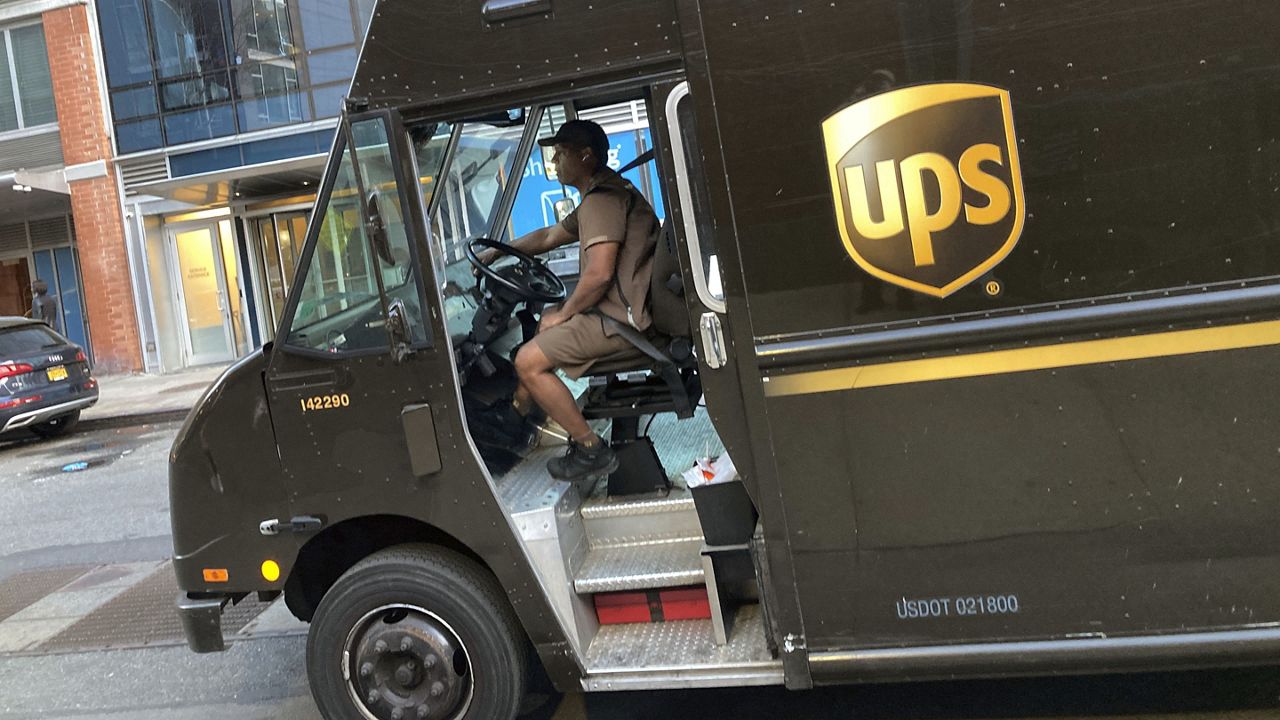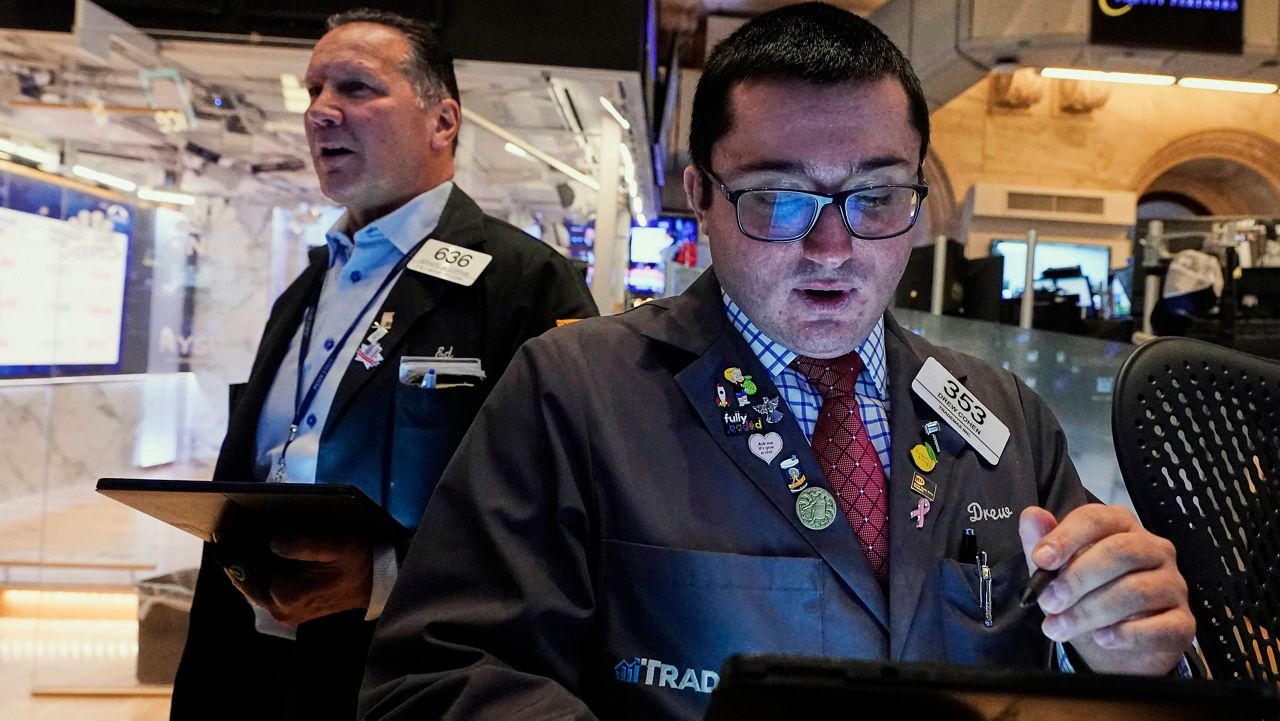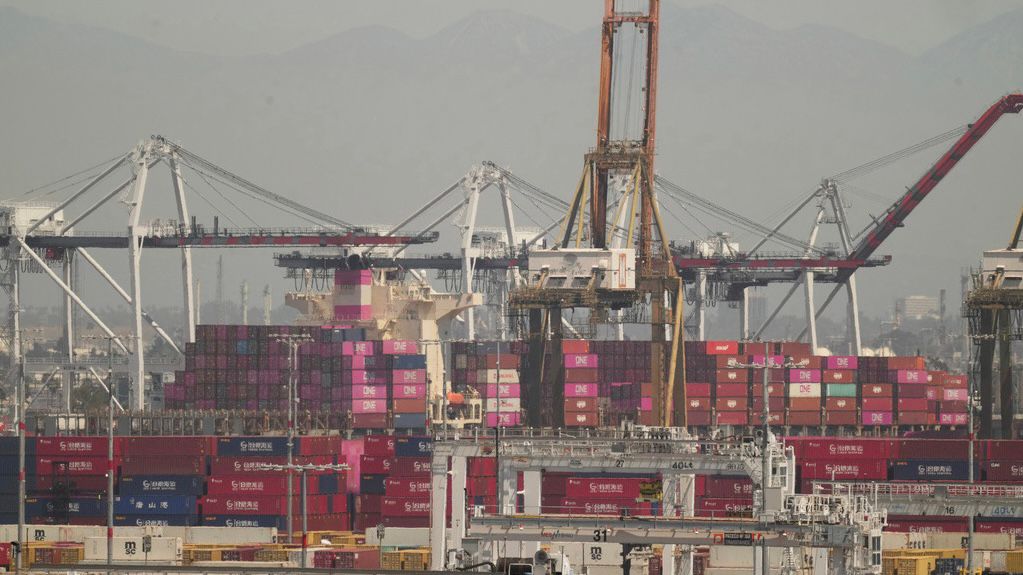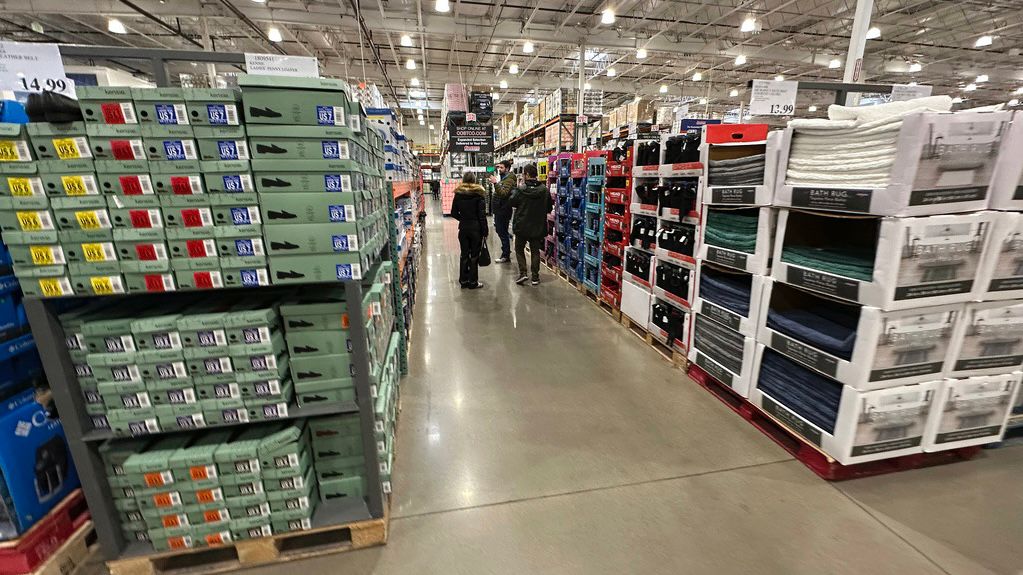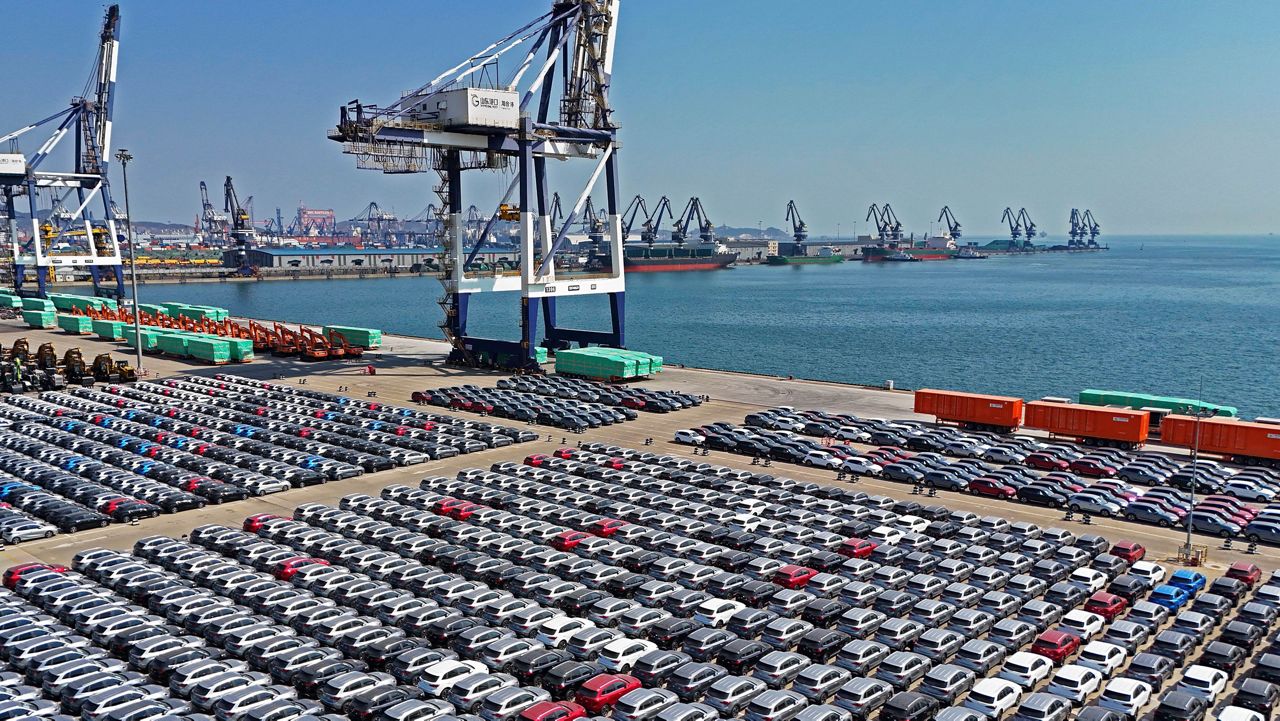Unionized UPS workers voted overwhelmingly on Friday to authorize a strike, setting the stage for a potential work stoppage if the package delivery company and Teamsters can't come to an agreement before their contract expires next month.
The Teamsters said 97% of unionized workers voted to authorize a potential strike. The vote, they say, is to make sure UPS knows that the workers are willing to put themselves and their labor on the line.
What You Need To Know
- Unionized UPS workers voted overwhelmingly to authorize a strike on Friday, setting the stage for a potential work stoppage if the package delivery company and the Teamsters can't come to an agreement on a new contract
- The authorization doesn't mean a strike will occur
- Instead, it allows the union's leadership to call for a national walkout if both sides fail to reach an agreement before the current contract expires on July 31
- Teamsters leadership had urged workers to vote for the strike authorization, which would give them more leverage in their negotiations with the company
“It feels like we’re moving in the right direction,” said Efren Esparza, UPS driver for 23 years and a member of Teamsters Local 396, which represents package and general utility drivers in Southern California.
Esparza, who spoke with Spectrum News before the final results of the vote were announced, said he was buoyed by one of the recent tentative agreements struck between the union and UPS corporate, which agreed to expand air conditioning installations in package trucks.
“The company’s pushing back a bit, but our new regime — with [Teamsters General President] Sean O’Brien, with everyone else involved, it looks like we’re moving in the right direction for all the Teamsters, from part-time to full-timers,” Esparza said.
The Teamsters have urged workers to authorize a strike to give them more leverage in negotiations with the company, but a yes vote does not mean a strike is imminent.
"This vote shows that hundreds of thousands of Teamsters are united and determined to get the best contract in our history at UPS," Teamsters General President Sean M. O'Brien said in a prepared statement. "If this multibillion-dollar corporation fails to deliver on the contract that our hardworking members deserve, UPS will be striking itself. The strongest leverage our members have is their labor and they are prepared to withhold it to ensure UPS acts accordingly."
The workers’ labor contract with UPS expires at midnight on July 31, meaning that a strike could begin as early as Aug. 1.
“We want to make sure the contract gets done by midnight,” Esparza said. “The authorization vote is to make sure the company understands that we, as a whole, are willing to fight for what we have earned.”
The Teamsters represent about 340,000 UPS employees, more than half of the company's workforce. If a strike occurs, it would be the first massive work stoppage at the company since a 15-day walkout by 185,000 workers crippled the company in 1997.
UPS has grown vastly since then and become even more engrained in the U.S. economy. UPS says they deliver the equivalent of about 6% of the nation's gross domestic product. A strike would carry with it potentially far-reaching implications for the economy.
UPS said in a prepared statement the strike vote does not impact the company's "current business operations in any way."
"Authorization votes and approvals are normal steps in labor union negotiations," the company said. "We continue to make progress on key issues and remain confident that we will reach an agreement that provides wins for our employees, the Teamsters, our company and our customers."
UPS workers are still seething about the current contract, which they feel was forced on them by prior union leadership in 2018 based on a technicality. Wording in that contract, called the "22.4 provision," created two hierarchies of workers with different pay scales, hours and benefits. The union wants it eliminated.
Workers also focused on improvements to driver safety, particularly the lack of air conditioning in delivery trucks, which has been blamed for the death of a driver and hospitalizations of others.
On Tuesday, the union and the company announced they reached a tentative agreement to equip more trucks with air conditioning equipment. Under the agreement, UPS said it would equip U.S. small delivery vehicles purchased after January 1, 2024 with air conditioning and where possible, allocate these vans to the hottest part of the country first.
But those changes aren't extending to vehicles already in operation — at least not yet. Instead, the union says two fans would be installed in all package cars following the ratification of a new contract. It also said the company agreed to add heat shield to newer non-electric UPS vehicles and put air vents in the cargo compartments of new and existing package cars.
Under the agreement, UPS says roughly 95% of its existing U.S. package delivery fleet will be enhanced.
Workers are also seeking contract language that addresses part-time pay, compelled six-day workweeks, and personal vehicle delivery drivers — temporary-employment subcontractors that Esparza called “almost like an Uber.”
Teamsters spokesperson Kara Deniz said both sides have reached two dozen tentative agreements since the negotiations began in May.
UPS delivers around 25 million packages a day, representing about a quarter of all U.S. parcel volume, according to the global shipping and logistics firm Pitney Bowes. That's about 10 million parcels more than it delivered each day in the years leading up to the pandemic.
At the same time, UPS profits have soared since the pandemic began in 2020, as millions of Americans grew to rely even more on the delivery of essential household goods to their doorstops.
Annual profits at UPS in the past two years are close to three times what they were pre-pandemic. The Atlanta company returned about $8.6 billion to shareholders in the form of dividends and stock buybacks in 2022, and forecasts another $8.4 billion for shareholders this year.
The Teamsters say that profit growth is largely due to the hard work of UPS drivers and warehouse workers, who carry everything from 50-pound bags of dog food, cases of wine and essential medicine.
“We have earned this,” Esparza said. “Throughout the pandemic we were essential workers — ‘heroes work here’ — and a few years after that. Now we’re just back to being a number,” Esparza said.
The acrimony over the current contract was the impetus for workers rejecting a candidate to lead the Teamsters favored by longtime union head James Hoffa. Union members instead chose Sean O'Brien, who has dug in on the Teamsters' contract demands of UPS.
A win at UPS could have implications for the organized labor outside the company. There have been prominent labor organization campaigns at Apple, Starbucks, Trader Joe's, Apple, even strippers at a dance club in Los Angeles.
UPS, Esparza said, “should want to take care of people who are invested in you. We’re invested in the company, just as they are with us. If we take care of each other, the company will be around for another 100 years.”




